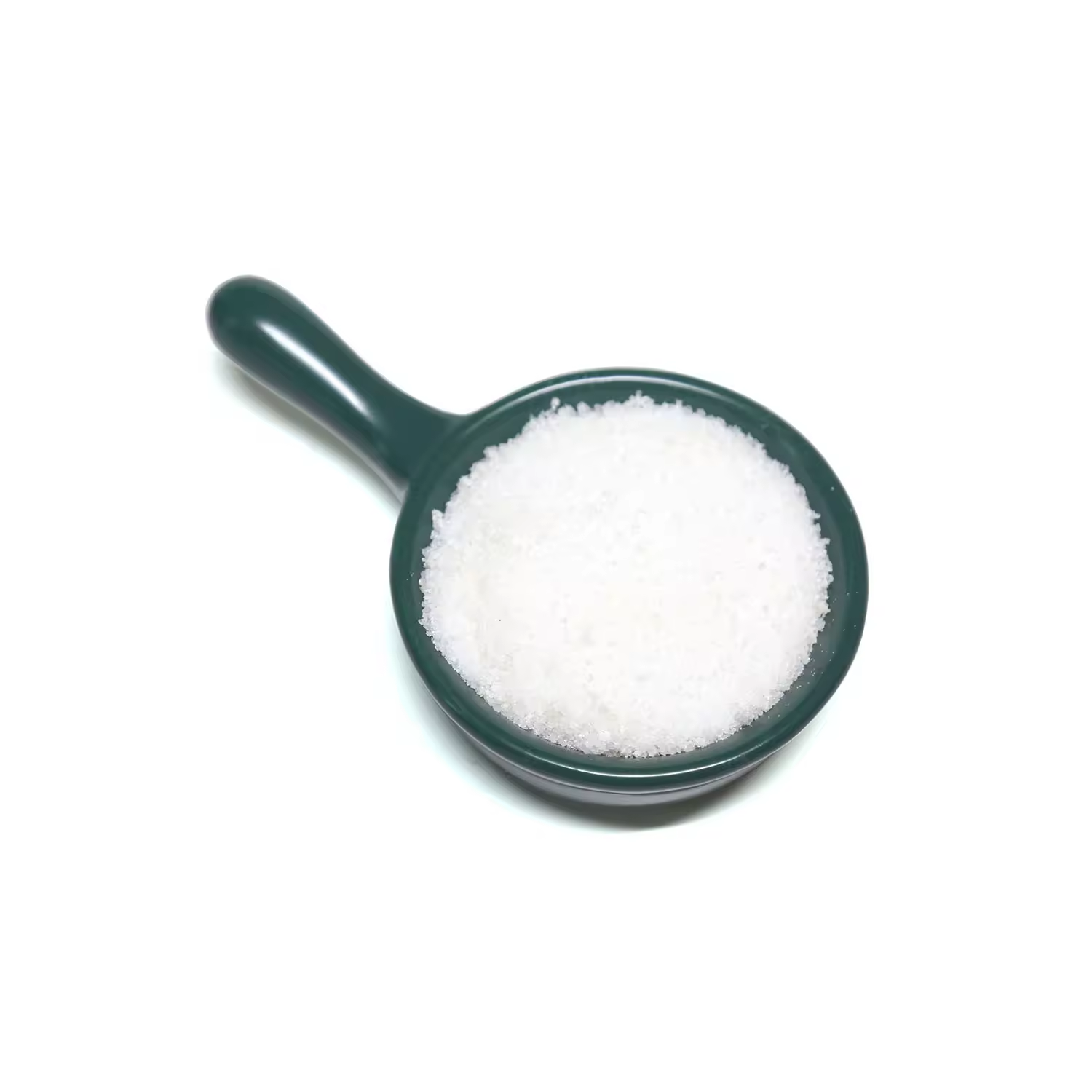-
Categories
-
Pharmaceutical Intermediates
-
Active Pharmaceutical Ingredients
-
Food Additives
- Industrial Coatings
- Agrochemicals
- Dyes and Pigments
- Surfactant
- Flavors and Fragrances
- Chemical Reagents
- Catalyst and Auxiliary
- Natural Products
- Inorganic Chemistry
-
Organic Chemistry
-
Biochemical Engineering
- Analytical Chemistry
-
Cosmetic Ingredient
- Water Treatment Chemical
-
Pharmaceutical Intermediates
Promotion
ECHEMI Mall
Wholesale
Weekly Price
Exhibition
News
-
Trade Service
9-[1,1'-Biphenyl-4-yl]-3-bromo-9H-carbazole, also known as BCB, is an organic compound that is widely used in the chemical industry.
It is an important raw material for the production of a variety of products, both upstream and downstream.
Upstream Products
The upstream products of BCB are the chemicals and raw materials that are used to produce it.
Some of the common upstream products of BCB include 1,1'-biphenyl-4-carboxaldehyde, 4-chlorobiphenyl, and 4-bromobiphenyl.
These compounds are used in the production of BCB through various chemical reactions such as bromination, alkylation, and nitration.
Downstream Products
The downstream products of BCB are the finished products that are made using BCB as a raw material.
Some of the common downstream products of BCB include polycarbonate, liquid crystal display (LCD) panels, and light-emitting diodes (LEDs).
These products are made using BCB through various chemical reactions such as polymerization, electrochemical synthesis, and doping.
Polycarbonate
Polycarbonate is a thermoplastic polymer that is widely used in the production of various products such as electrical components, automotive parts, and medical devices.
BCB is used as a raw material in the production of polycarbonate through a reaction known as bisphenol-A synthesis.
In this reaction, BCB is converted into bisphenol-A, which is then polymerized to produce polycarbonate.
Liquid Crystal Display (LCD) Panels
LCD panels are used in a wide range of electronic devices such as televisions, computers, and smartphones.
BCB is used in the production of LCD panels through a process known as photolithography.
In this process, BCB is used as a photoresist to pattern the surface of the LCD panel.
Light-Emitting Diodes (LEDs)
LEDs are used in a wide range of applications such as lighting, displays, and electronics.
BCB is used in the production of LEDs through a process known as doping.
In this process, BCB is used as a dopant to alter the electrical properties of the semiconductor material used to make the LED.
In conclusion, 9-[1,1'-Biphenyl-4-yl]-3-bromo-9H-carbazole is an important raw material in the chemical industry, with a wide range of applications upstream and downstream.
Its upstream products include 1,1'-biphenyl-4-carboxaldehyde, 4-chlorobiphenyl, and 4-bromobiphenyl, while its downstream products include polycarbonate, LCD panels, and LEDs.
These products play a crucial role in various industries such as the electronics, automotive, and medical industries.
The production of these products is a complex process that involves various stages from raw material production to finished product manufacturing.







